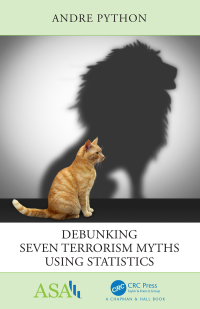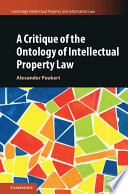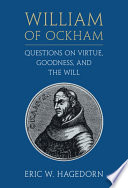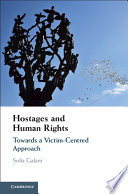Buy Debunking Seven Terrorism Myths Using Statistics
1st Edition PDF ebook by author Andre Python – published by Chapman & Hall in 2021 and save up to 80% compared to the print version of this textbook. With PDF version of this textbook, not only save you money, you can also highlight, add text, underline add post-it notes, bookmarks to pages, instantly search for the major terms or chapter titles, etc.
You can search our site for other versions of the Debunking Seven Terrorism Myths Using Statistics
1st Edition PDF ebook. You can also search for others PDF ebooks from publisher Chapman & Hall, as well as from your favorite authors. We have thousands of online textbooks and course materials (mostly in PDF) that you can download immediately after purchase.
Note: e-textBooks do not come with access codes, CDs/DVDs, workbooks, and other supplemental items.
eBook Details:
Full title: Debunking Seven Terrorism Myths Using Statistics
1st Edition
Edition: 1st
Copyright year: 2021
Publisher: Chapman & Hall
Author: Andre Python
ISBN: 9780367472283, 9781000093728
Format: PDF
Description of Debunking Seven Terrorism Myths Using Statistics
1st Edition:
What is terrorism? What can we learn and what cannot we learn from terrorism data? What are the perspectives and limitations of the analysis of terrorism data? Over the last decade, scholars have generated unprecedented insight from the statistical analysis of ever-growing databases on terrorism. Yet their findings have not reached the public. This book translates the current state of knowledge on global patterns of terrorism free of unnecessary jargon. Readers will be gradually introduced to statistical reasoning and tools applied to critically analyze terrorism data within a rigorous framework. Debunking Seven Terrorism Myths Using Statistics communicates evidence-based research work on terrorism to a general audience. It describes key statistics that provide an overview of the extent and magnitude of terrorist events perpetrated by actors independent of state governments across the world. The books brings a coherent and rigorous methodological framework to address issues stemming from the statistical analysis of terrorism data and its interpretations. Features Uses statistical reasoning to identify and address seven major misconceptions about terrorism. Discusses the implications of major issues about terrorism data on the interpretation of its statistical analysis. Gradually introduces the complexity of statistical methods to familiarize the non-statistician reader with important statistical concepts to analyze data. Use illustrated examples to help the reader develop a critical approach applied to the quantitative analysis of terrorism data. Includes chapters focusing on major aspects of terrorism: definitional issues, lethality, geography, temporal and spatial patterns, and the predictive ability of models.





